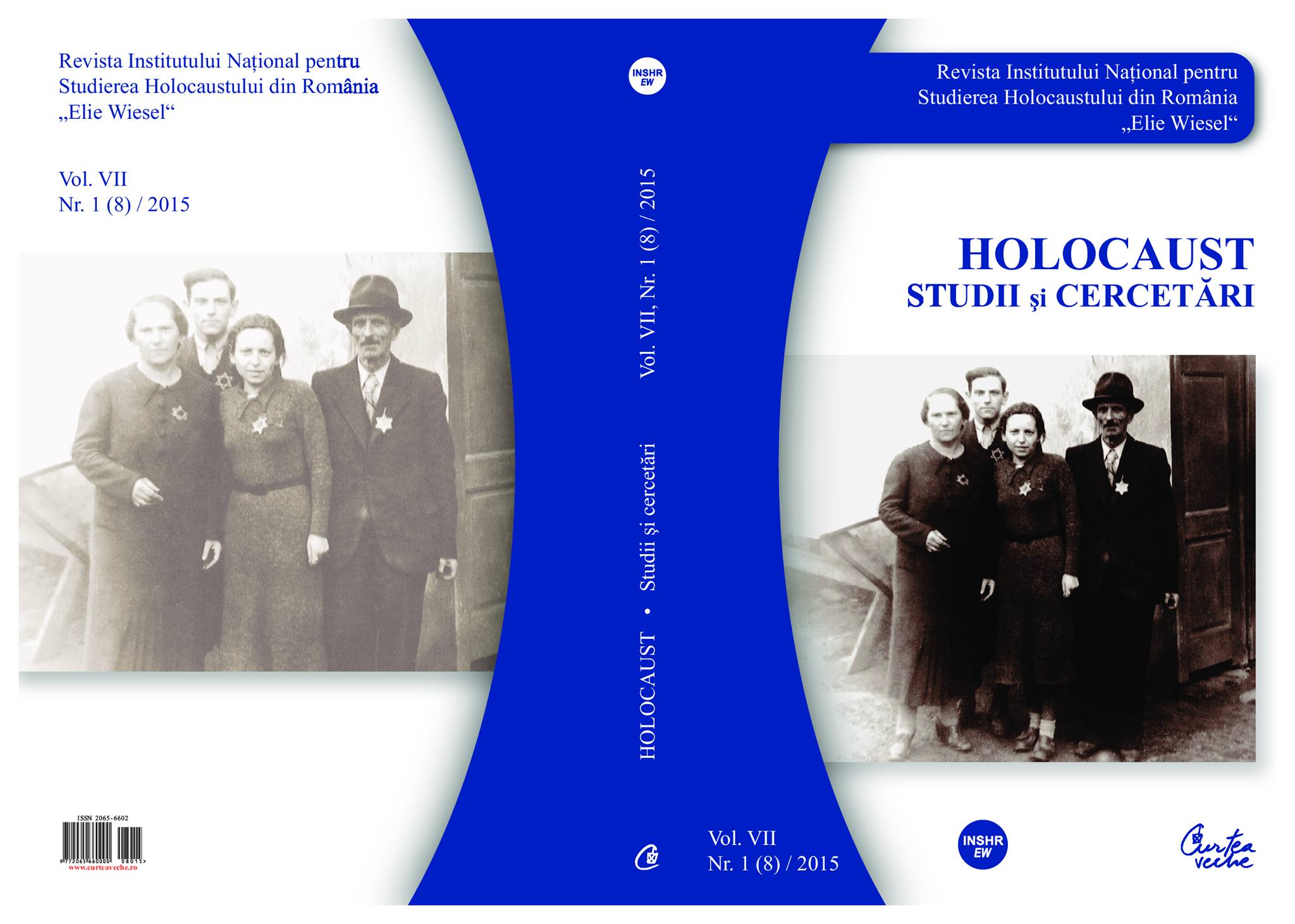Witness in the Hungarian Literature of the Romani Holocaust
Witness in the Hungarian Literature of the Romani Holocaust
Author(s): Terézia SzűcsSubject(s): History
Published by: Institutul National pentru Studierea Holocaustului din Romania ELIE WIESEL
Keywords: Roma; Holocaust; Hungarian literature; trauma
Summary/Abstract: The paper seeks to explore how the memory of the Romani Holocaust is represented in two novels about the twentieth-century fate of the Roma in Hungary — The Color of Smoke (1975), by Menyhért Lakatos, and Nobody Will Pay for Jóska Átyin (1997), by Béla Osztoj- kán. Both novels perceive the event of the Holocaust as part of the long, grim history of the Hungarian Roma, a cataclysm embedded in the ongoing process of traumatizing violence and humiliation. Shifting from the event-based understanding of trauma, both narratives present the continuous state of exclusion from society. They establish a link between the Holocaust and other events of twentieth-century Hungarian history and represent the con- nect ion between the Roma and the Jewish experience of the Holocaust. Thus, these novels bear multiple witness: they give a testimony of racial and historical traumatization, and they speak not only for the community they chose to represent, but for the Hungarian Jewry, too, and the whole of the Hungarian society. These narratives impose a challenge as they inspire us to apply a cross-cultural, extended model of trauma.
Journal: Holocaust. Studii şi cercetări
- Issue Year: VII/2015
- Issue No: 08
- Page Range: 205-216
- Page Count: 12
- Language: English
- Content File-PDF

